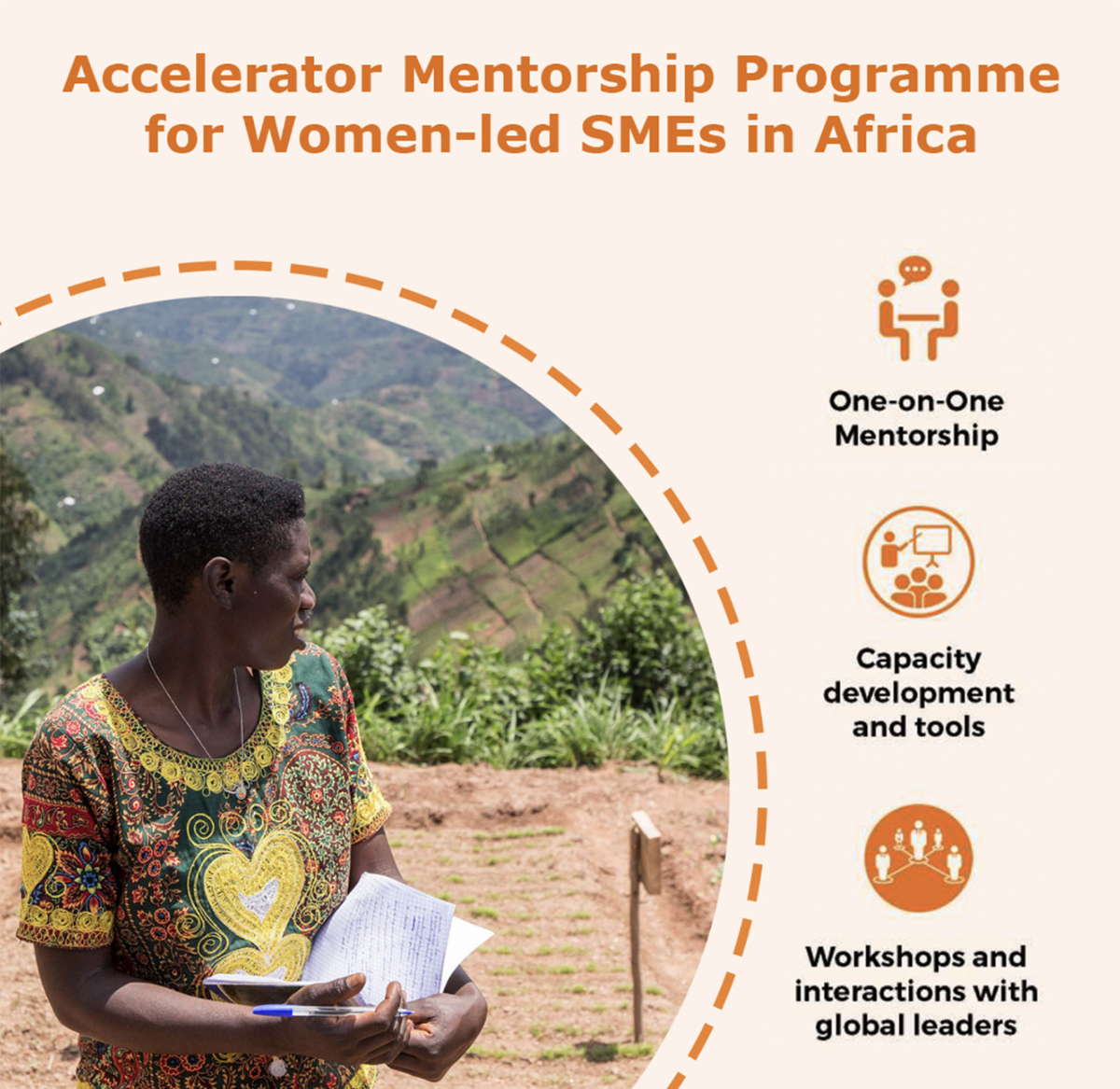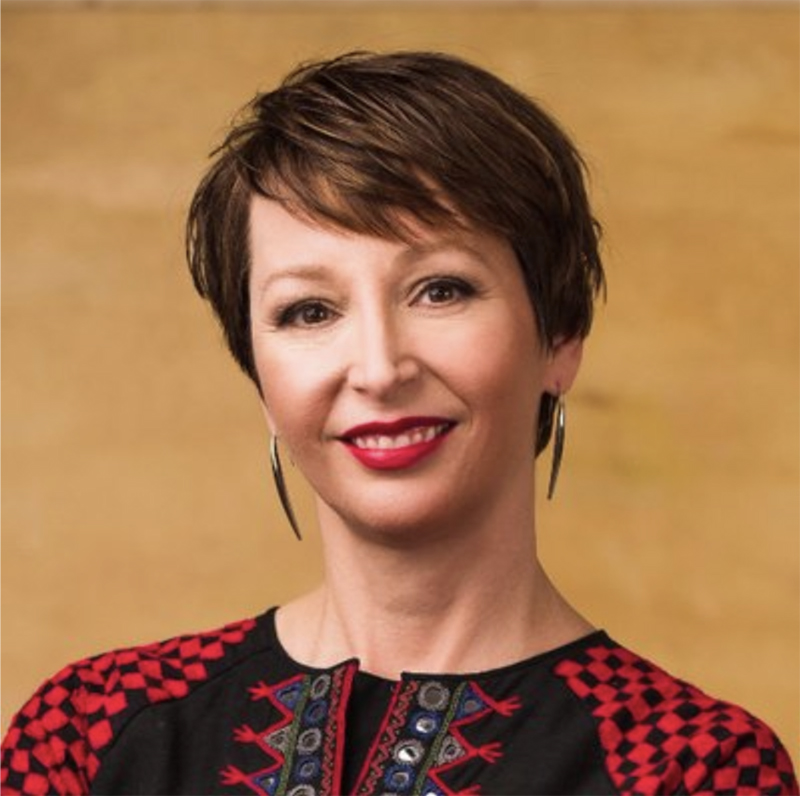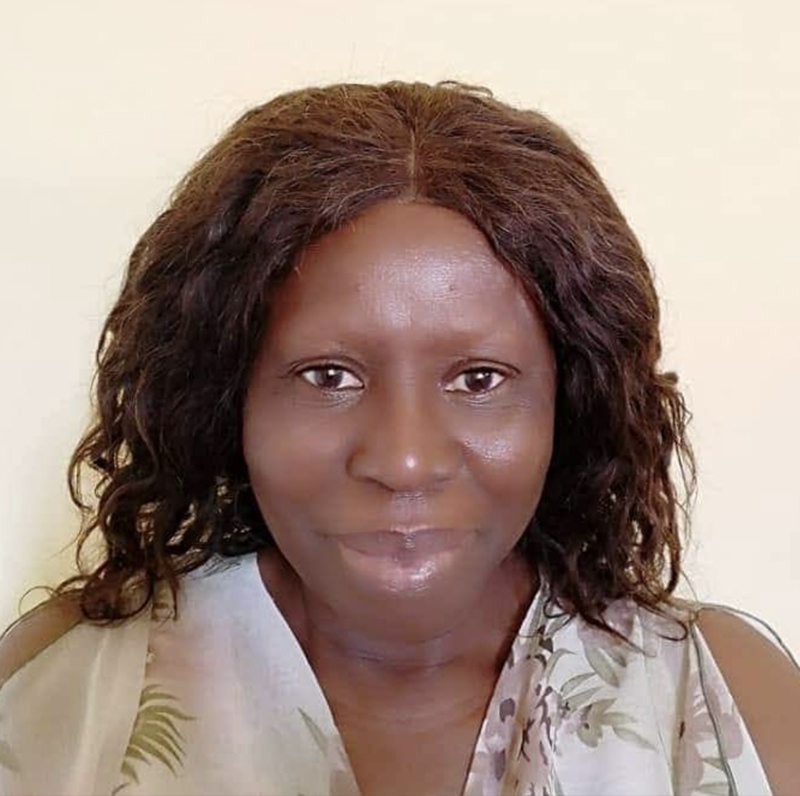March 23, 2023
We speak to Robynne Anderson about her involvement in the program as well as some of the mentees about the power of support networks and knowledge sharing to empower communities.


PHoto: FAO
Last year, the Food and Agriculture Organization of the United Nations (FAO) and the International Agri-Food Network (IAFN) launched a pilot Accelerator Mentorship Programme to support women-led small and medium enterprises (SMEs) operating in the agri-food sector in sub-Saharan Africa to address key challenges and constraints they face in their business.
The six month program, which ran from October 2022 to March 2023 consisted of one-on-one mentorship, a series of training sessions, a knowledge exchange and access to specific IAFN and FAO tools.
Bringing together a panel of mentors consisting of leading women entrepreneurs from across the world, the program aimed to support the mentees in expanding their businesses and thriving in a rapidly changing marketplace.
“We had 50 spots and over 500 women applied in four weeks back in August,” said Robynne Anderson, President of Emerging Ag, which serves as the Secretariat of the IAFN. Anderson is also one of the program mentors, bringing her years of experience working across the entire agri-food value chain, including leading the negotiations for the . For her, it was important that the program be tailored to the individual needs of each mentee.
“We've encouraged each mentoring partner to try and focus on something specific,” she continues. “Some are helping [the mentees] source equipment, some are helping them source trading materials, some are helping them come up with new marketing plans or new investment or business plans.”
The training sessions involved three workshops: on marketing, leadership and finance, respectively and the mentees were also given access to the FAO digital learning tool through which they could do a series of courses. The goal of the program, says Anderson, is to help the women take their business to the next level:
“In Africa, women-run SMEs face a number of institutional challenges such as access to finance, to land and to resources and all entrepreneurs face challenges in how to grow their business. Moving the business to the next level can often benefit from some experienced expertise.”

Robynne Anderson
One of the mentees, Rose Kennedy, is a farmer and entrepreneur based in Botswana who grows and trades sugar beans, groundnuts and jugo beans. She applied for the program to expand her knowledge on trading, both domestically and, she hopes one day, internationally.
“The aim is to find leverage and support so that smallholder farmers can come together from each district in the country. That can help us to produce more,” she said. “Not only to provide food security for the country but also improve livelihoods, to even export. And create jobs for the youth and the women all over the country.”
Her company Foods From Farms is encouraging smallholder farmers to produce food for the country to reduce Botswana’s dependence on imports. But this is no mean feat: the country’s high temperatures and unpredictable rainfall make farming a daunting and high-risk activity. With the SME accelerator, however, Rose is gaining valuable knowledge that she can not only use for her own business but also disperse to the other women in her community:
“With the program I have learned how to produce more even with these weather challenges. My mentor has been helping me with certain tools like more tillage and even winter crops. I’m even hoping that in the long run we’ll be able to source funds to drill more holes, solar panels and in each district, each co-op should be able to be producing all year round without stopping.”
Rose’s motivation comes from the possibility of raising up her community along with her; the better her farm is, the more she can help others. “So it’s a learning center for the community,” she explains. “I want to prove that you can make farming a business.”

Rose Kennedy
Liliana Mpama, another program mentee based in Malawi, is also motivated by the desire to empower other women in her community. In her business, which she began in 2018, she helps smallholder farmers address challenges such as access to quality inputs, market linkage and access to market information as well as helping them sell their products at better prices. Liliana works with over 75 farmers, most of whom are female, and explains why it is necessary to intentionally target women across the value chain:
“I found that throughout the entire process of production and training, it was mostly the women who would show up. But, when it came to selling, that’s when the men would show up. On that day, I wouldn’t sell to the men, I said the women should come and then I gave them the money. I was dealing with women so it didn’t make sense to give all this money not to them!”
For Liliana, it’s important to be a role model in business: “It is mostly men in the agri commodities space so I stand out. Seeing a woman in the same space encourages other women.”
Now, as part of the accelerator program, she has her own mentor to support her in growing her business and, as a result, create more jobs. Unsurprisingly, the first item on her agenda is hiring more staff: “This program has helped me because we had a single session where we talked about HR, which was incredible. It came at the right time where my vision is growing.”
The accelerator program has highlighted how building networks of support and dispersing knowledge throughout communities is key to changing the economic potential for many women in the agri-food space in sub-Saharan Africa.
“It’s frustrating - right now, the women who are plowing, they’ll just be feeding their households as they don't have enough resources to produce more and take their products to the market,” explains Rose. “They need to be able to take products to market rather than waiting for the sellers to come to them because [the sellers] rip them off and it kills their business.”
And it’s not just economic benefits at stake - Food From Farms also supplies the government’s school feeding program, which is key in ensuring food security and good nutrition for thousands of children.
“There is a lot of unemployment in the country. The reason why I’ve been feeding the schools is because schoolchildren’s growth is stunted. They need to eat something fresh at school before going home where there’s maybe nothing to eat,” Rose continues. “Most mothers - many single mothers -go out to hustle and sell snacks, mostly unhealthy snacks. We also want to supply the public with healthy, farm-grown food.”
Liliana, too, is focused on tackling malnutrition in Malawi. She plans to develop her own brand of instant porridge flour packed full of nutrients. With the SME accelerator, she could access the right tools to support her vision: “In the e-learning space, I just found a course about nutrition, SMEs and targeting the rural poor,” she explains. “Here in Malawi, we are badly hit with malnutrition and usually those affected wouldn’t have money to buy my product. But that course helped me see it differently - how to reach them while also making profits.”
Bringing a new product to market is challenging, especially for a small enterprise run by one woman who also has a family to look after. Liliana faces all the usual problems involved in a product launch:
“It’s easy when it’s something they are already familiar with. Just play around with availability, affordability, and quality. But introducing a new product is a struggle. I need to gather the strength to pursue that path by introducing a new product. I know I can.”
It’s clear that the accelerator program has brought innumerable benefits to the mentees. But what is perhaps more important is the knock-on effects it will have on their communities and how that will in turn knock on to larger communities and across generations.
“There isn’t much knowledge available for women, unless you go out there to look for opportunities like the accelerator,” says Rose. “Most smallholder farmers are very rural so don’t have access. So someone like me would come and we would teach them.”
In rural areas, farming knowledge is cultivated and passed on through word of mouth. To Rose, being part of the accelerator represents an opportunity to bring about lasting change:
“Being part of the program you’re gaining knowledge to disperse within the community. We will be starting cooperatives in all the districts, one per district and through that the knowledge can spread through the country.”
For Liliana, the next step for the women in her industry is forming associations.
“Our capital is not much to supply to huge markets - joining forces to take those opportunities would be very good,” she explains. “It’s very competitive. We all have to be aggressive because being women-led is not much of an advantage on the market.”
Perhaps one of the key takeaways for both mentors and mentees is the motivation and inspiration that comes from working with other women:
“I’m happy with the support that singles out women as it says we are different, maybe we can do better in this way,” says Liliana. “It’s really motivating support and doesn't make us feel like we are failures but to understand our status quo and still fight on and build something that creates impact. That is my mission: to create more jobs, up to 1 million. I’m pressing on - it’s also my passion to farm and work with farmers. I feel like I'm in the right place.”

FAO / IAFN / Accelerator Mentorship Programme / sub-Saharan Africa / Robynne Anderson / Emerging Ag / International Year of Pulses
Disclaimer: The opinions or views expressed in this publication are those of the authors or quoted persons. They do not purport to reflect the opinions or views of the Global Pulse Confederation or its members.